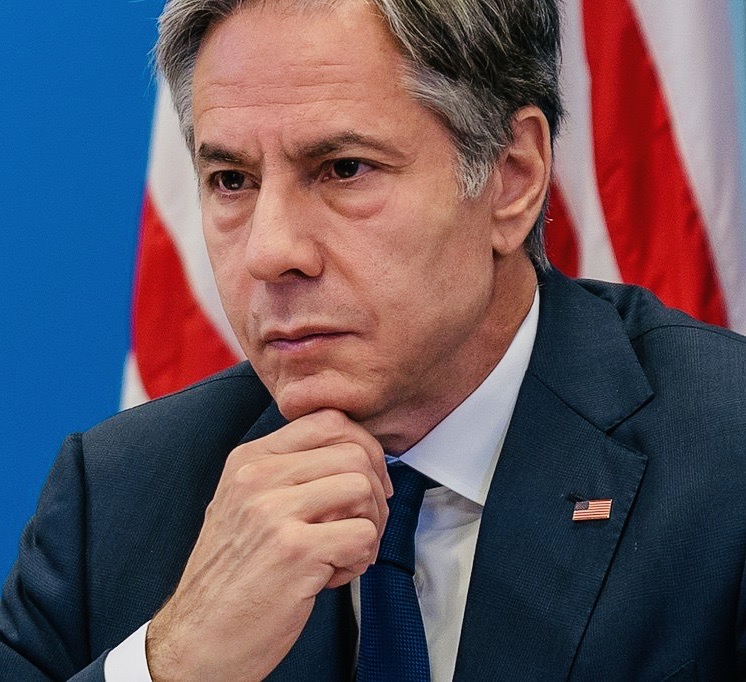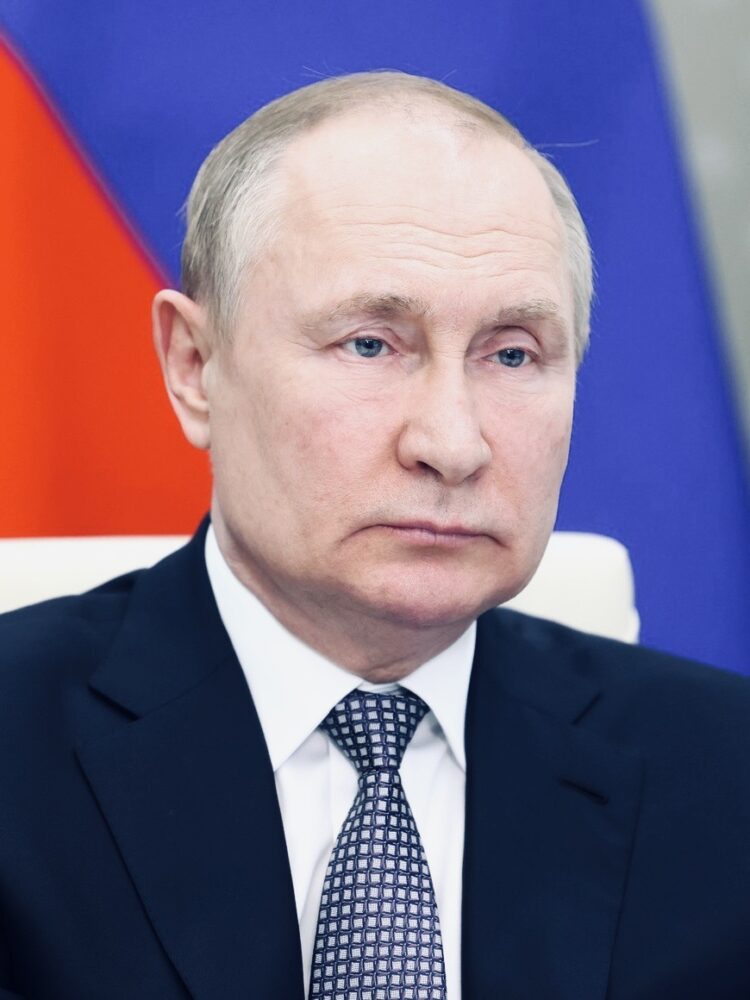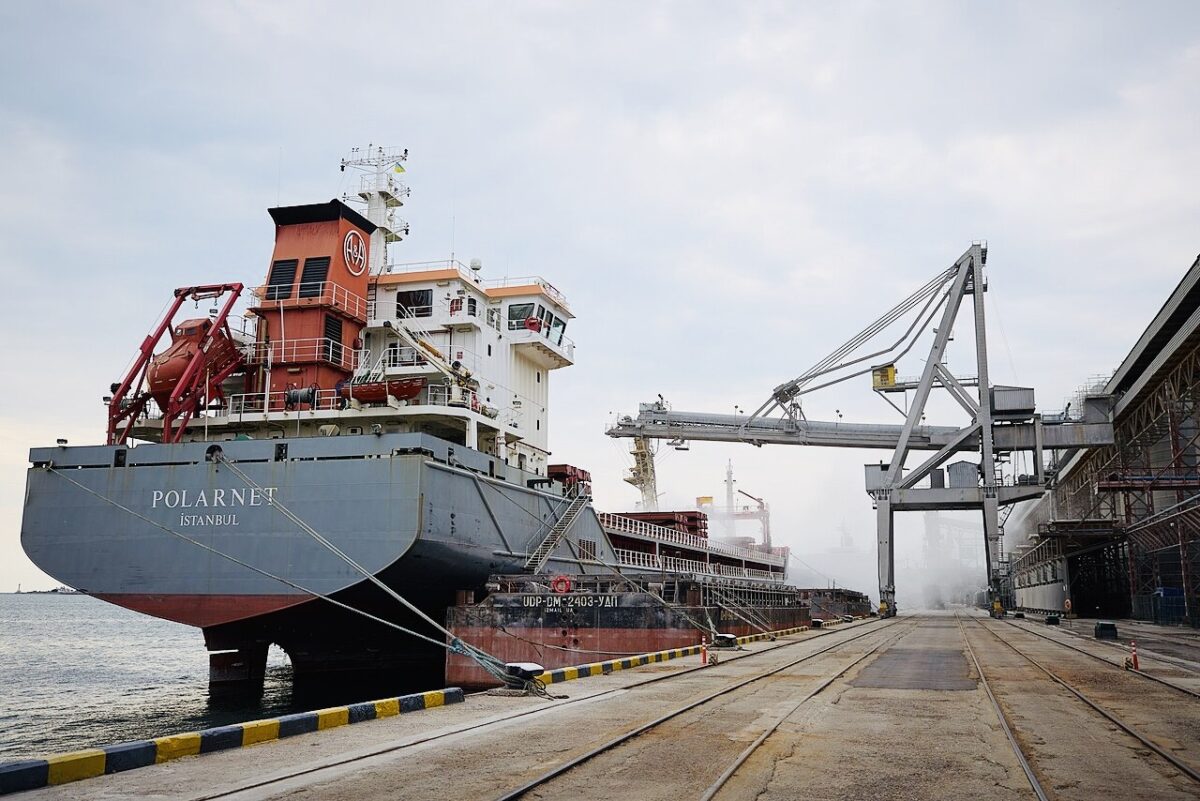With its unilateral withdrawal from the Black Sea Grain Initiative last month, Russia has launched what U.S. Secretary of State Antony Blinken has correctly described as an “assault on the global food system.”
The Russian government pulled out of the agreement, brokered by Turkey and the United Nations last summer, after Ukraine damaged a vital bridge leading to the Crimean peninsula and Russian drones and missiles struck Ukrainian port and grain facilities along the Black Sea, which has been subjected to a Russian naval blockade since Russia’s invasion of Ukraine last year.

During one of these strikes, near the Danube River, nearly 40,000 tons of grain earmarked for Israel, China and Africa were hit and rendered unfit for human consumption.
Under the accord, Russia permitted the safe passage of grain exports from Ukrainian ports like Odesa through the northwestern Black Sea. By all accounts, Ukraine managed to export 33 million tons of grain and other agricultural produce from the time it was signed until Russia’s repudiation of it.
Prior to the current war between Russia and Ukraine, which broke out 17 months ago, Ukraine produced 10 percent of the world’s grain, 13 percent of its barley and 15 percent of its corn.
The agreement was helpful, contributing to the stabilization of international food prices at a moment when inflation has wreaked havoc on people’s purchasing powers. Since its breakdown, grain prices have climbed by more than 8 percent around the world, a catastrophic increase in poorer, vulnerable countries.
Speaking recently at a United Nations conference on food security, Blinken accused Russia of blackmail due to its unconscionable practice of cynically using the agreement for its own geopolitical ends.

Turkish President Recep Tayyip Erdogan has promised to continue “intense diplomatic efforts” to salvage the agreement and has urged Russian President Vladimir Putin to reengage, but the Russians will not do so unless their conditions are met by Western nations.
First, Moscow is demanding that sanctions imposed on Russia by the United States and its European allies be lifted. Second, Russia seeks readmission into the international SWIFT banking system, which would facilitate its own grain exports.
Russia was stripped of its membership in SWIFT and singled out for sanctions following its “special military operation” in Ukraine. These were justifiable measures brought against an aggressor nation that flagrantly violated Ukraine’s sovereignty and is still intent on snuffing out its independence.

Given these circumstances, there is no logical reason for the West to submit to Russia’s demands until it pulls out of captured Ukrainian territory.
In the meantime, Russia should return to the agreement without any preconditions so that food prices, particularly in impoverished African countries, can remain reasonably stable. It is extremely important that Russia should honor this imperative, regardless of developments in the war, which has degenerated into a bloody stalemate despite Ukraine’s most recent military offensive.
It bears repeating that a fairly significant proportion of the world’s grain supply should not be exploited for political purposes, but this is precisely what the Russian government has been doing for the past month.
Russia should rejoin the Black Sea Grain Initiative sooner rather than later. Failure to do so will expose Russia to charges that it is a cold and heartless nation.
